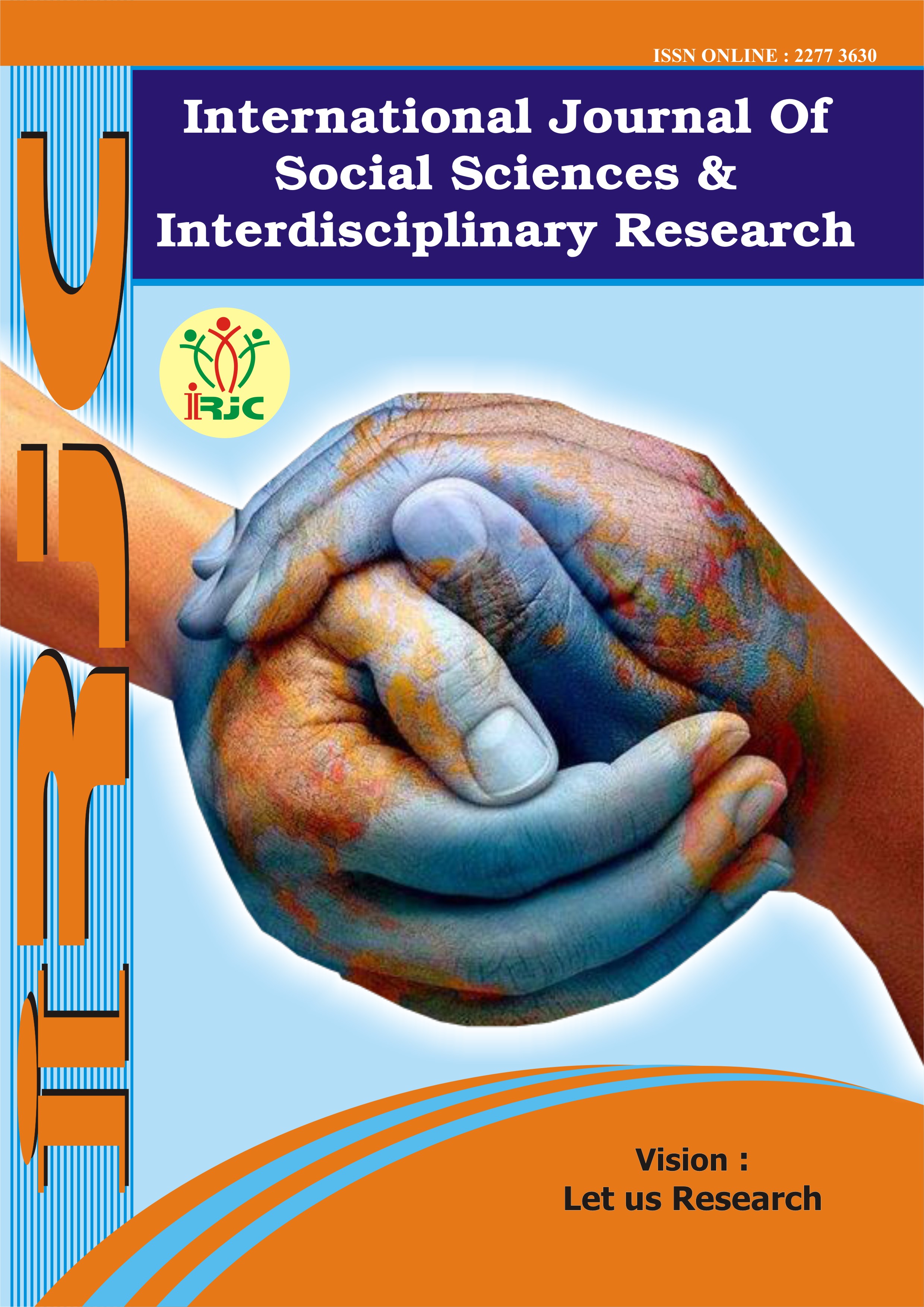ROLE OF ETHICS AND MORAL EDUCATION
Keywords:
music lessons, self-study skills, activities, performance skills.Abstract
Individuals will accept external moral authority when it is independently filtered. The problem is that most public service leaders do not follow a consistent approach to ethical decision making and accomplishing ethical behavior in the bureaucratic organizations they lead. While formal codes of ethics offer some standards of conduct and guidelines for ethical decision-making, a more effective approach is to mesh code enforcement with a normative approach to establishing an ethical climate. Public Administrative style, methods, hierarchy and training are closely interrelated with ethics. Training alone is not enough. However, serious, sustainable improvements of the public service without adequate education and training seem to be impossible. Evaluation of training policies in every country in the region appears to be necessary. Public servants must understand what is acceptable behavior, and, in the end, when the risk of detection and punishment outweighs the gains. Modern people who have embraced scientific development as truth do not judge goodness according to the will of God. They ask their own insight for advice and often end up in conflict because insights differ. If we concentrate on the basis of the conflict, we discover common ground that is often hidden or misconstrued.
References
Arnold, Denis G. and Norman E. Bowie. 2003, “Sweatshops and Respect for Persons,” Business Ethics Quarterly 13(2): 221-242.
Baumhart, Raymond. 1961, “How Ethical are Businessmen?,” Harvard Business Review 39(4): 6-9.
Baumhart, Raymond. 1963, Exploratory Study of Businessmen's Views on Ethics and Business, DBA dissertation: Harvard Business School.
Baumhart, Raymond. 1968, An Honest Profit: What Businessmen Say About Ethics and Business, New York: Holt, Rinehart and Winston.
Berle, Adolf and Gardiner Means. 1932, The Modern Corporation and Private Property, New York: Macmillan.
Boatright, John R. 1994, “Fiduciary Duties and the Shareholder-Management Relation: Or, What's So Special about Shareholders?,” Business Ethics Quarterly, 4: 393-408.
Capaldi, Nicholas. 2006, “What Philosophy Can and Cannot Contribute to Business Ethics,” Journal of Private Enterprise 22(2): 68-86.
Card, David and Alan B. Krueger. 1995, Myth and Measurement: The New Economics of the Minimum Wage, Princeton: Princeton University Press.
DeGeorge, Richard, 1993, Competing With Integrity in International Business, New York: Oxford University Press.
Donaldson, Tom. 1982, Corporations and Morality, Englewood Cliffs, N. J.: Prentice Hall.
Donaldson, Tom and Tom Dunfee. 1999, Ties That Bind. Boston: Harvard Business School Press.
Epstein, Richard. 1984, “In Defense of the Contract at Will,” University of Chicago Law Review 51: 947-982.
Freeman, R.E. 1984, Strategic Management: A Stakeholder Approach, Boston: Pitman.
Freeman, R.E. and William M. Evan. 1990, “Corporate Governance: A Stakeholder Interpretation,” Journal of Behavioral Economics 19(4): 337-359.
French, Peter A. 1979, “The Corporation as a Moral Person,” American Philosophical Quarterly 16: 207-215.
French, Peter A. 1984, Collective and Corporate Responsibility, New York: Columbia University Press.
French, Peter A. 1995, Corporate Ethics, Fort Worth: Harcourt Brace.
Gini, Al, ed. 2005, Case Studies in Business Ethics (5e), Upper Saddle
Downloads
Published
How to Cite
Issue
Section
License
Copyright (c) 2022 GEJournals

This work is licensed under a Creative Commons Attribution-NonCommercial-NoDerivatives 4.0 International License.





